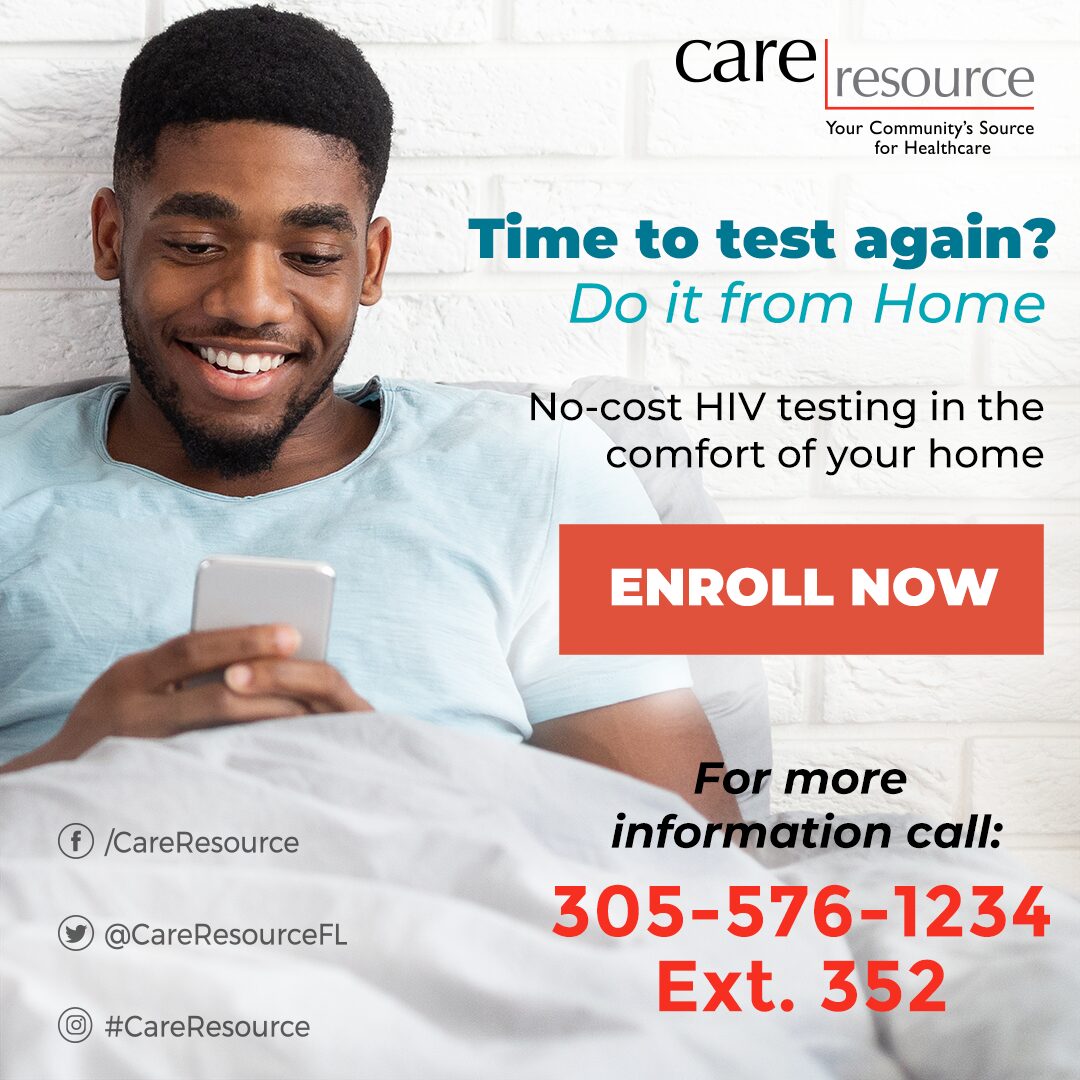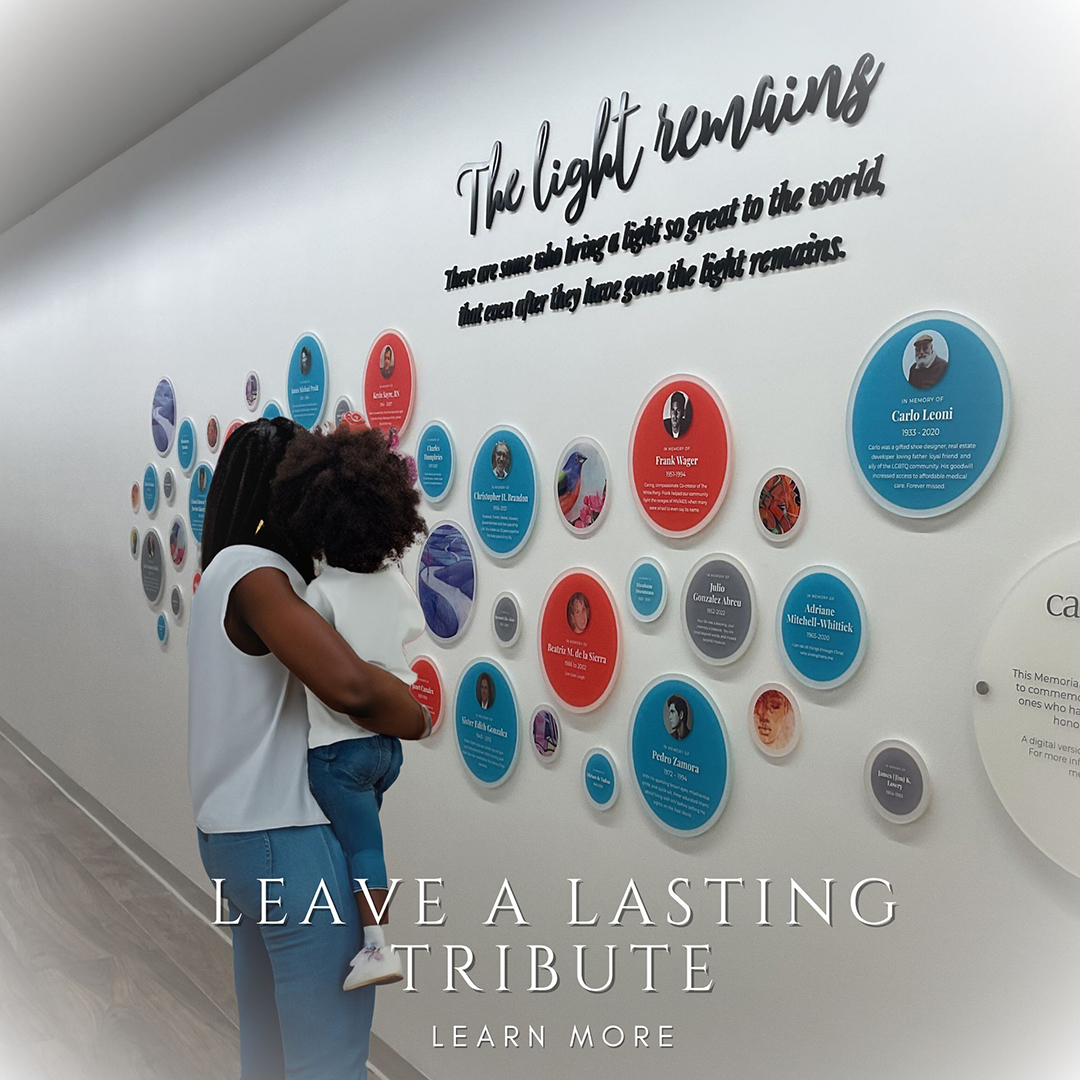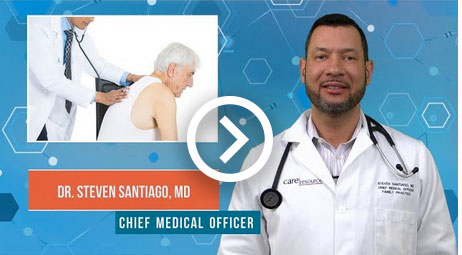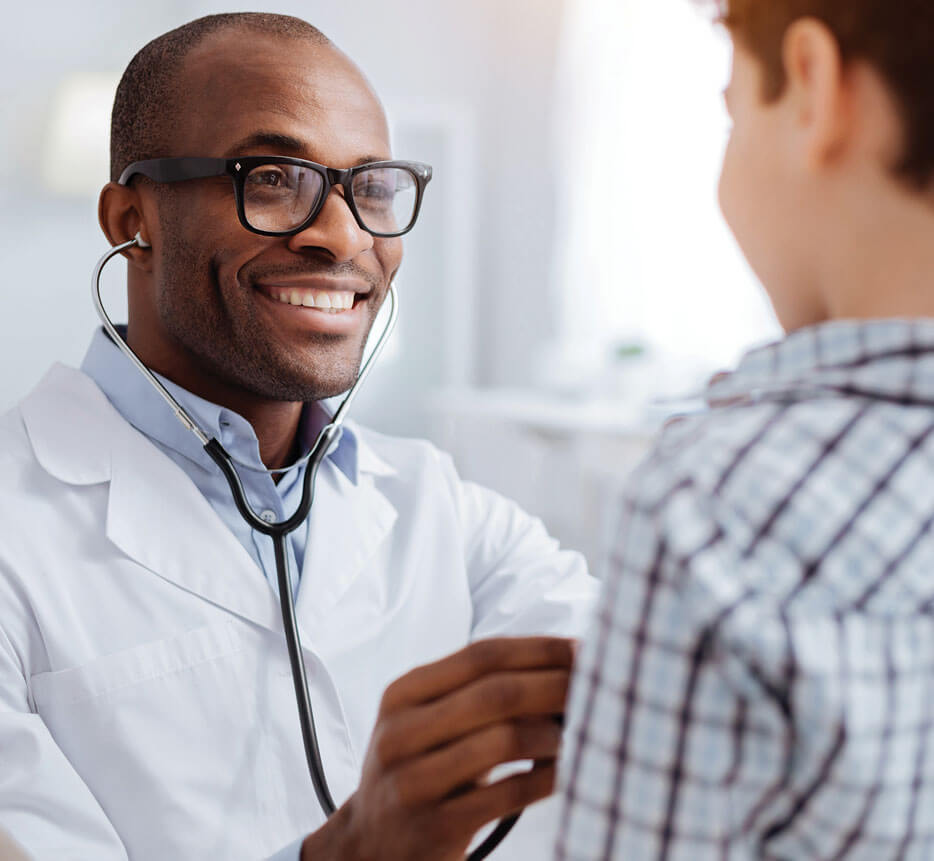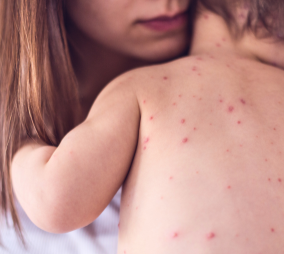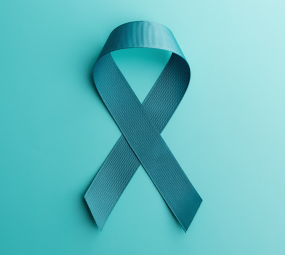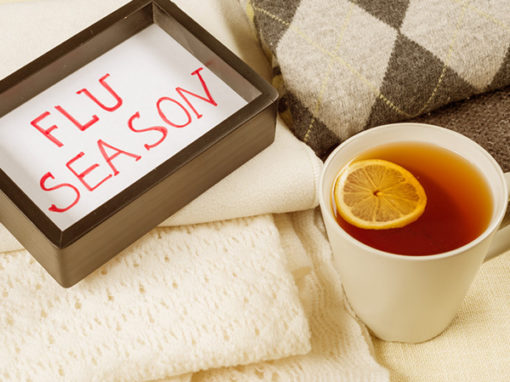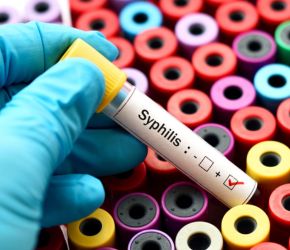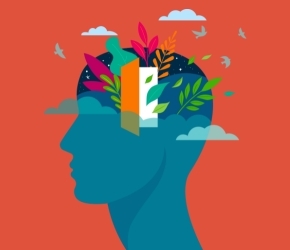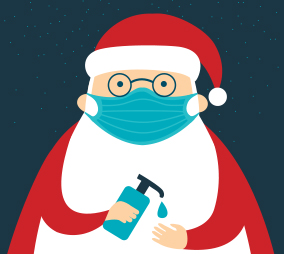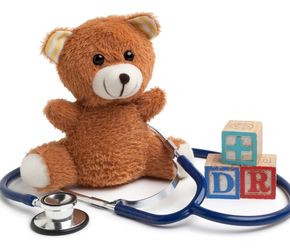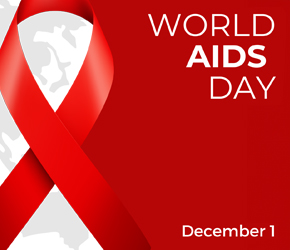When it comes to preventing and testing for sexually transmitted diseases (STDs), people often make false assumptions about how to stop the spread of STDs, how STD tests are done, and who should be tested. But the truth is that preventing, testing for, and treating STDs is very straightforward.
Care Resource encourages you to know the facts and get yourself tested. You should also know that all STDs, even HIV, are treatable, and most are curable. The sooner you know your status, the better you can protect your health and the health of your partner(s).
If left untreated, some STDs can lead to serious health problems. Untreated STDs, like chlamydia, although easy to cure, make it difficult for about 24,000 women each year to get pregnant, and having herpes or gonorrhea can increase your chances of getting HIV.
Moreover, awareness around the need for increased resources for the health and well-being of LGBT South Floridians is more important than ever. More work is still needed to get providers to deliver culturally competent care and for insurers to stop discriminating against transgender and gender non-confirming Floridians.
STD Prevention and Treatment 101
- STDs impact young people the hardest. Half of all STDs are in people under 25 years old, although they represent only a quarter of people having sex.
- The only sure way to avoid STDs is to not have vaginal, anal, or oral sex. If you are sexually active, you can reduce your risk of getting an STD by using a condom.
- You can’t tell if someone has an STD just by looking at them. Many STDs don’t cause any symptoms, so the only way to know for sure is to get tested.
- STD tests aren’t always part of a regular doctor visit. Many doctors may not give you an HIV or STD test unless you ask for one.
- Even if you use birth control, you should still think about STD prevention. Birth control methods like the pill, patch, ring, and IUD are very effective at preventing pregnancy, but they do not protect against STDs and HIV.
Since our founding 40 years ago, Care Resource’s services have promoted awareness, provided support for physical and mental health, and have been delivered with a supportive and culturally sensitive environment.

